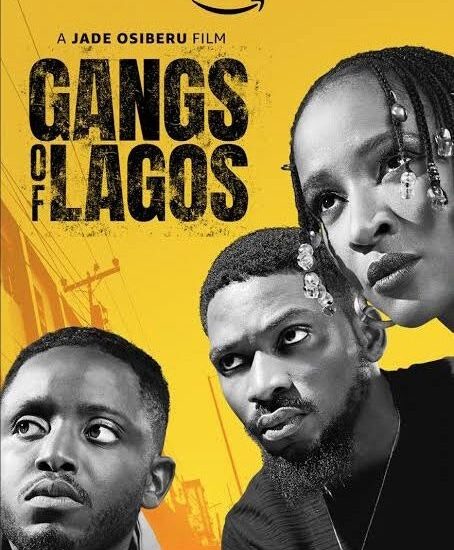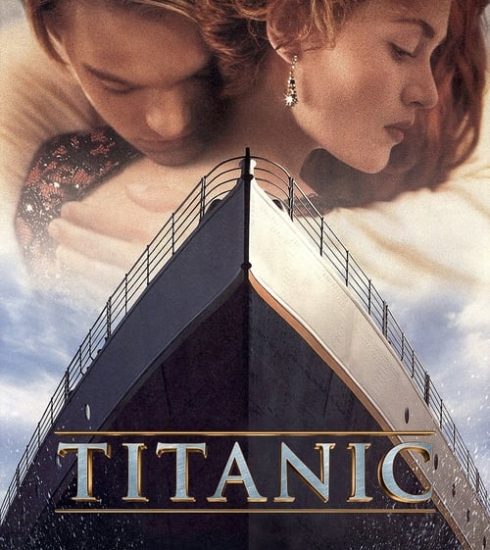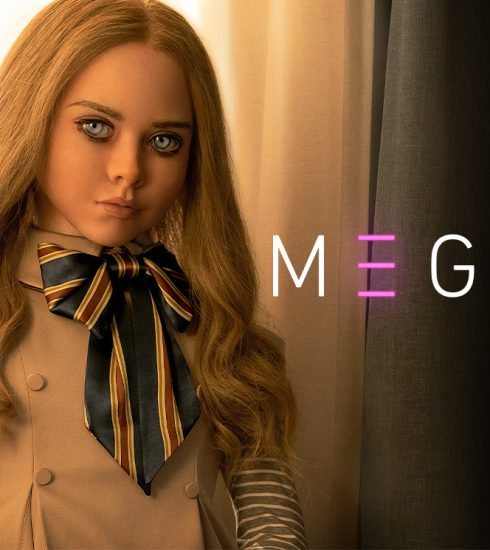Movie Review: Superman
Before I saw James Gunn’s new Superman movie, which sets out to lay the cornerstone of a new era for DC superhero characters, I was pessimistic.
DC’s last attempt at a cinematic universe was a dour, gritty version of this universe. We had a brooding Superman, a brooding Batman, a brooding Aquaman… you get the idea. While it was admittedly cool to see our heroes not hold back, I always did feel that director and overall creative lead of that version of DC Movies, Zack Snyder, had a fundamental misunderstanding of the characters he was responsible for.
A peek behind the curtain: for years — decades, in fact—I have been a Superman fan. When I heard that a reboot of the DC Movies universe was starting with the Man of Steel with James Gunn at the helm, I couldn’t be more excited. You see, Gunn is a fan of comics just as much as he is a filmmaker, so I knew we were in good hands.
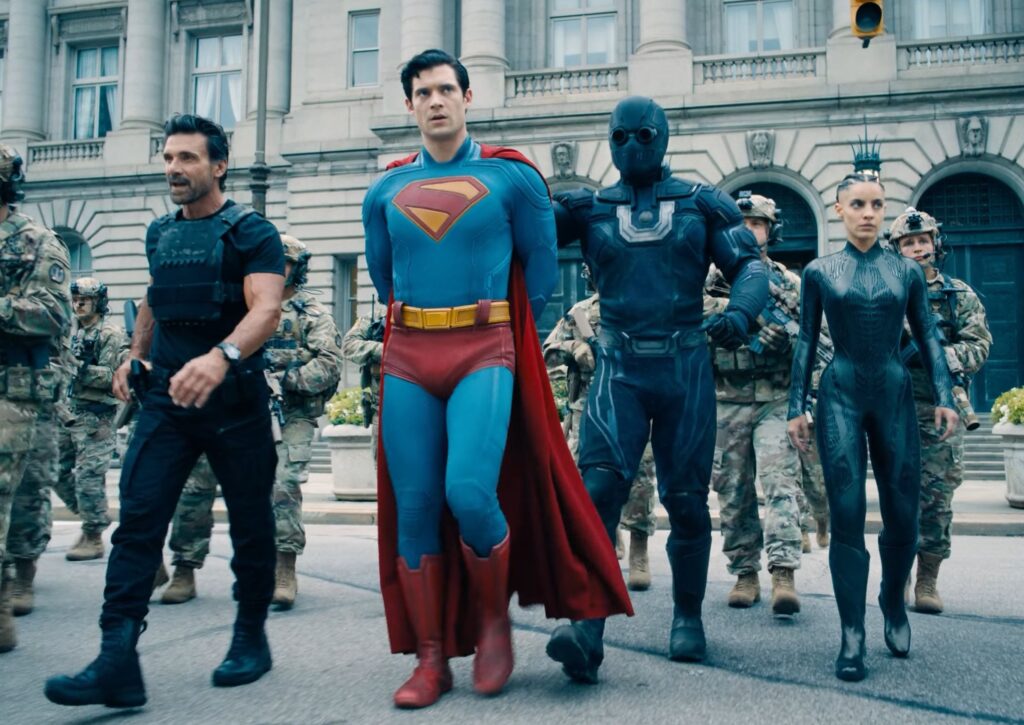
Superman is simple, yet so many get him so wrong and call him boring: The two central, definitive attributes to any Superman story are selflessness and resolve. He must always: 1. Put the needs of others before those of himself, and 2. Refuse to give up. If either of those factors is missing, our minds rebel — it’s simply not Superman.
But having now seen Gunn’s Superman, I’m prepared to add a third essential attribute to the idiomatic fuel mixture that makes Superman Superman, which this film illustrates with a bracing clarity and humour:
He’s corny.
The first word we see Superman (David Corenswet) say on-screen — he mutters it to himself, having just had his ass entirely handed to him in a fight — is, “Golly.” (Throughout the film, he peppers his dialogue with the occasional “gosh”).
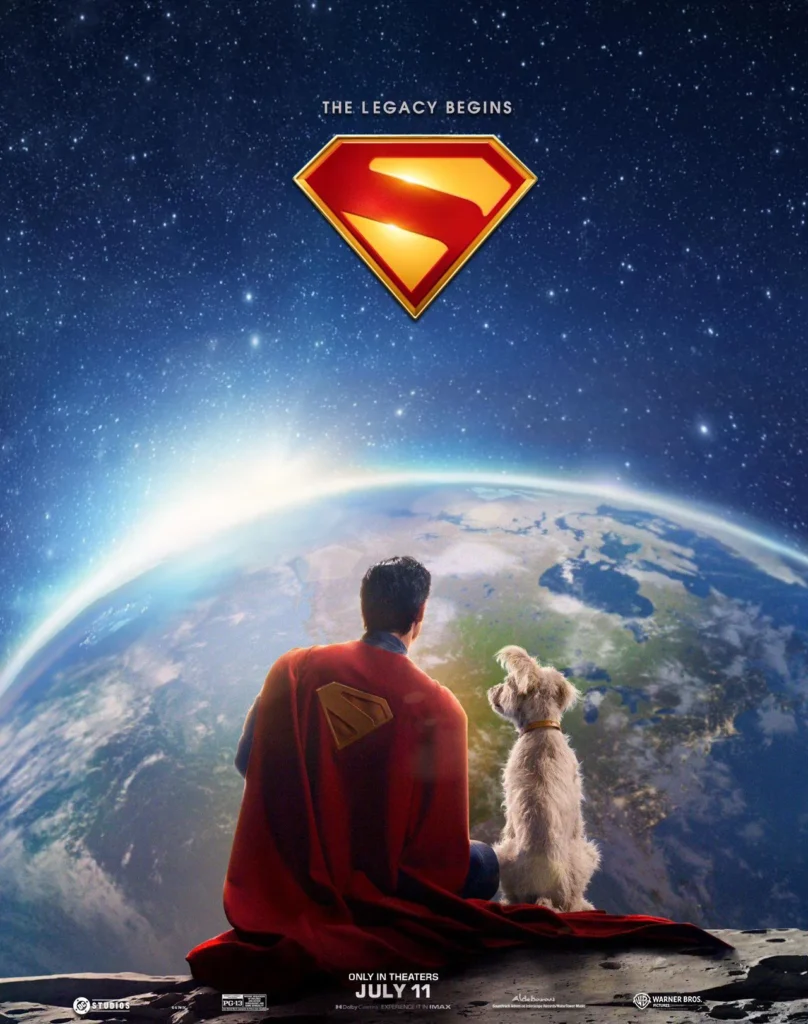
Later, Lois Lane (Rachel Brosnahan) makes fun of his taste in music (bland, radio-friendly pop-punk).
When questioned about his reasons for performing a certain super-deed that saved thousands of lives, his response is incredulity: “Why? I mean … to do good! For, you know … good!”
At one point, instead of gloating over a fallen foe, he launches into an impassioned speech about his abject love of humanity and his own, all-too-human fallibility.
In terms of visual iconography, Gunn not only returns the classic red trunks to the Superman costume, he doubles down on them. And as for resolve: He’s got that in spades. This Superman starts the film bruised, bloody, battered but unbowed, and will spend much of its running time getting further hammered and lasered and imprisoned and kryptonite-poisoned by evil billionaire Lex Luthor (a fantastic Nicholas Hoult).
Luthor’s goal is the annihilation of Superman, and he’s using everything in his considerable power to get it, from nanite-enhanced goons to international conflicts to social media smear campaigns. (This is another one of those films in which incessant television broadcasts act as a kind of electronic Greek chorus, helpfully informing us of major, albeit seemingly instantaneous, shifts in public opinion).
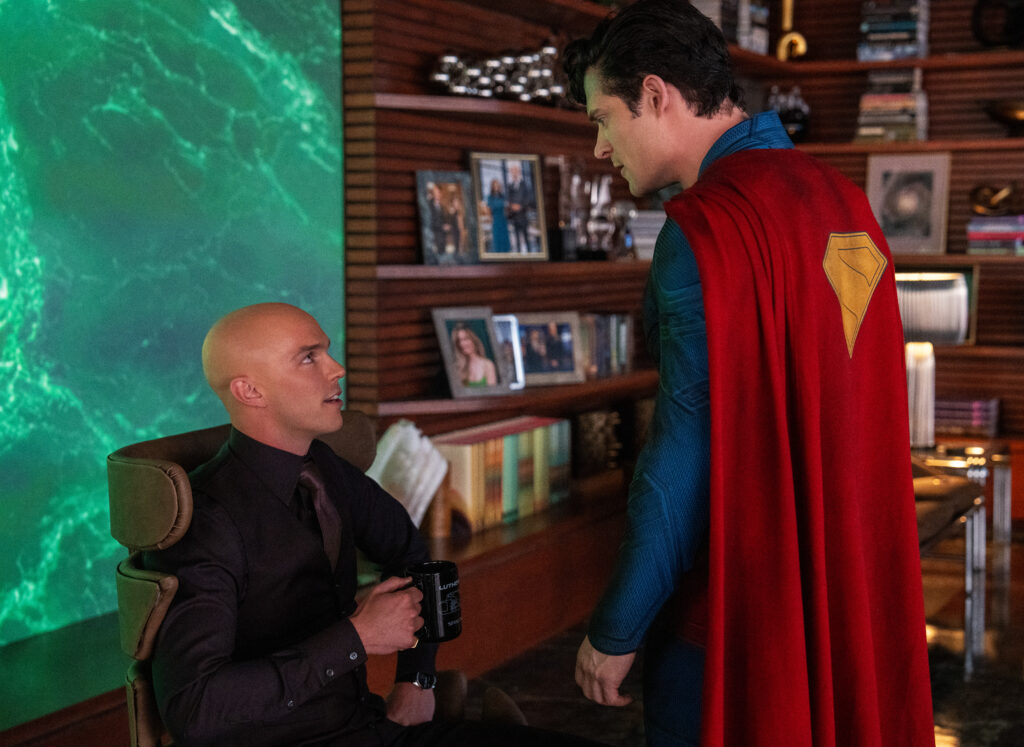
But every time he’s brought low, this Superman rallies, and returns to the fray.
All of this, of course, is corny. Cheesy. Achingly sincere. Cringe, even.
Which is to say: It’s Superman.
Recent attempts to tell live-action Superman stories have shied away from his bright, hopeful, altruistic nature in favour of making him cooler and relatable (read: dark and brooding). That’s not who he is; it never has been.
Superman is an ideal. He represents the best we can aspire to be. He’s not the hero you relate to, à la Peter Parker/Spider-Man’s ongoing struggle to pay his rent and buy Aunt May her damn medicine. He’s the hero who inspires you, who shows you the way.
Every era gets the Superman it needs. Richard Donner’s grand, mythic, unapologetically hopeful Superman: The Movie (1978) arrived in the wake of Vietnam and Watergate, when America had sunk into a defensive cynicism. 2013’s Man of Steel gave us a superman for the post-9/11, post-Snowden era: a hero burdened by moral ambiguity and the costs of collateral damage. Its gritty realism and shattered idealism mirrored a world of drone strikes, eroded trust in institutions, and the uneasy trade-offs between security and freedom.
Gunn’s Superman arrives at yet another time in history when everything that we ostensibly stand for — bedrock human principles like justice for all, defending the defenceless, helping those in need — feel out of reach.
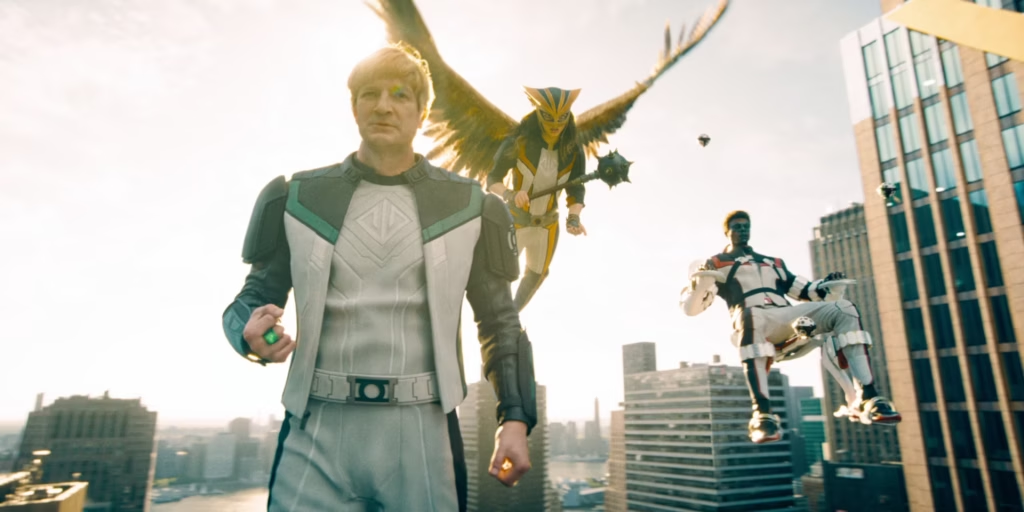
It’s inspiring to be reminded what those ideals look like, even if Superman (and Superman) shows them to us through a bright, aspirational lens.
If that seems at all radical, chalk it up to the fact that our early-aughts cultural fascination with antiheroes like Walter White and Don Draper sloshed over into our superheroes at some point. It’s not just the old-schoolers like Batman and Iron Man; now, every hero in tights has a dark outlook and a troubled past. This year alone, the Thunderbolts battled a super-powered personification of regret itself. And over on Disney+’s Ironheart, our ostensible hero was so mired in guilt that she slid into a life of crime and drew the attention of the MCU’s literal devil.
But there’s always been another way. It doesn’t have to be about slogging through trauma and shame and shadow-selves and endlessly tedious redemption arcs. Sometimes, it’s simpler, cleaner, brighter. And also? Not for nothing?
More fun.
Again and again, in Gunn’s film, we watch Superman placing himself between innocent civilians and mortal danger, saving individual lives (and Squirrels!). Which brings me to the very simple reason why Gunn’s movie works as well as it does.
It makes you want to cheer.
That’s it, that’s the secret ingredient that’s been missing from so many superhero stories for so long.
You come to a Superman movie to feel that surge of elation, that vicarious joy that moves you to cheer and applaud the events on screen. If you’ve ever found yourself in a crowded theatre and got swept up in such a moment (Avengers: Endgame’s iconic “On your left” scene, for example), you remember it for the rest of your life.
I felt that surge of joy several times, watching Superman, and the crowd around me felt it, too. Admittedly, we weren’t always cheering for Superman himself.
At one point, Edi Gathegi’s Mr. Terrific, one of several more less commonly known DC heroes appearing in the film, gets a moment of his own that elicited cries of appreciation from my crowd. (This is notable because in the comics, he’s famously the third-smartest man in the world, but typically comes off as a little dour. Gathegi’s take is much more fun, and more in keeping with how anyone possessed of such world-class intelligence would act in real life — namely, perpetually and performatively annoyed at having to be surrounded by stupid people).
Mostly, though, we were cheering for the dog.
Krypto is a super-powered (and super-poorly trained) dog in a cape, and he’s resolutely awesome. He gets several cheerable moments, bless him.
Hoult’s Luthor is fun, has the best music in the movie and is just an impressively obsessive hater. If Big Blue makes me want to be a better person, this Lex makes me want to up my hating game.
On a broader level, Gunn’s film is very good at what it sets out to do: It delivers a Superman deeply in touch with his humanity, and perfectly representative of the essence of the character.
What it doesn’t do, particularly, is break much in the way of new ground.
It lacks the grand sweep and scope of Donner’s 1978 film, which had a much heavier lift — it had to establish the mythic quality necessary for audiences to “believe a man can fly.”
But Gunn doesn’t need to establish that — he can draft off of the decades of Superman film and television projects that have landed since 1978 to do the world-building work. So he doesn’t waste our time with any of it: As the film opens, Superman is a known presence. Clark and Lois are dating. Luthor hates Superman.
While it hits a lot of narrative beats that have been hit before in previous films, television series and comics (we get another Pa Kent “Clark, it’s your actions that make you who you are,” speech, for example), at least it hits them cleanly, and it doesn’t apologise for them.
The feeling of watching it is similar to that of flipping through an individual comic book — it’s bright, colorful, it’s crammed with characters who don’t get quite enough to do (too-brief scenes with the Daily Planet staff can only feint toward establishing them as individual characters) but it’s inviting you into a universe that I can’t wait to spend more time in. This world is one where anything can happen. Kaiju, pocket universes and portals are par for the course. A fifth-dimensional imp? Just another Tuesday. It’s a living, breathing sandbox that sets up this universe to be so much less grounded than the Marvel universe in the best possible way.
This is the first movie in a very long time that I caught myself looking at my watch, not because it was too long, but because I wanted more! It feels so much shorter than its runtime. If you’ve ever read a comic book, this one is for us. Is it perfect? No. It’s good, but I wouldn’t say it’s GREAT. And that’s okay! Corenswet’s Superman is iconic, goofy, inspiring, cheesy, and if you look up, you’ll find him preparing yet again to hurl himself in harm’s way, because that’s what he was born to do.
8/10
Boluwatife Adesina is a media writer and the helmer of the Downtown Review page. He’s probably in a cinema near you.




